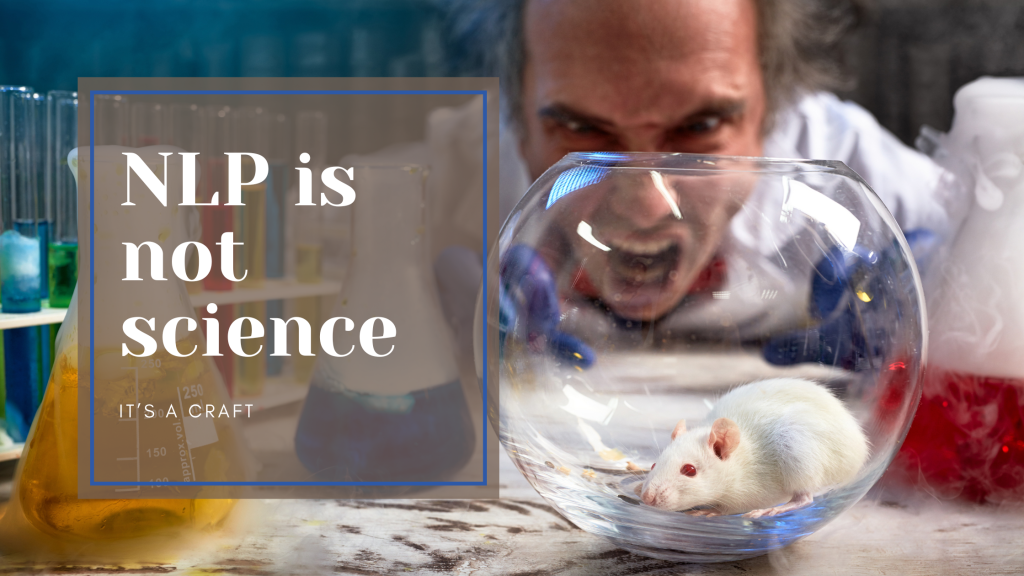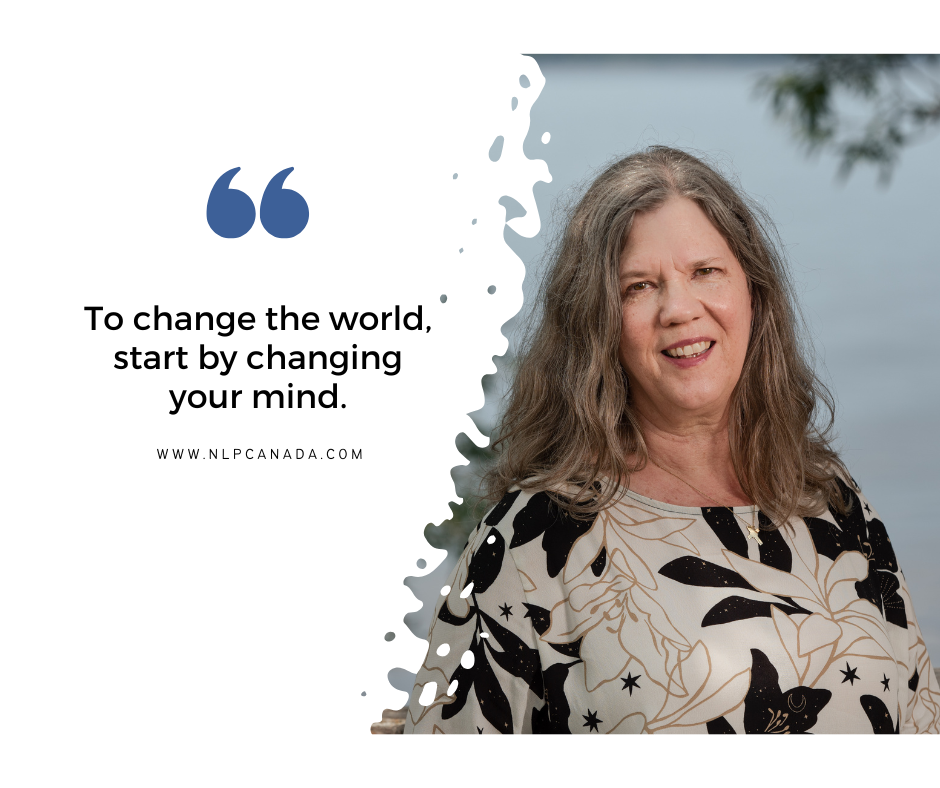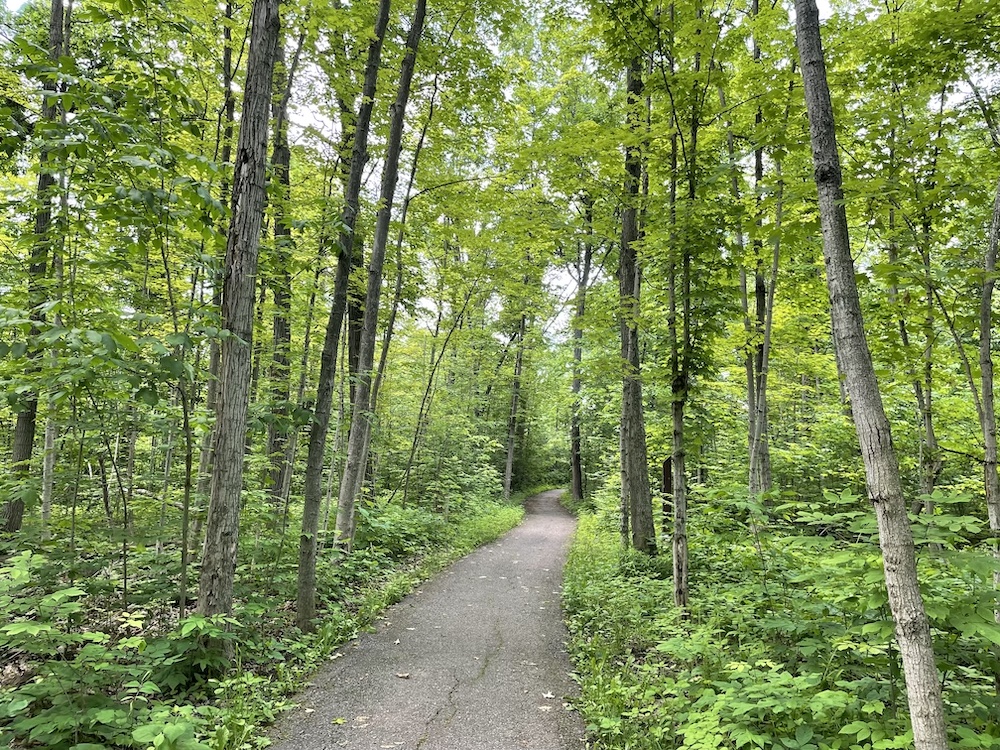The same interests that draw people into NLP (neurolinguistic programming) are often the reasons they resist the need for group training. It’s not always obvious why you need to train with a group to develop better self awareness and better self control. It seems obvious that those require time alone with a coach or therapist.
Sometimes, you might need a therapist, but that’s not the case for most of the people reading this newsletter. Most of you are struggling with the more ordinary challenges to mental well-being: you are stressed and hurt and confused, but you’re also getting on with your lives. These kinds of challenges are normal. You might even argue that they make the system stronger, in the same way that some physical challenges make your muscles or your immune system stronger.
The first reason to be part of a group is that your brain reacts to being part of a group as if it means being safe. Your mind might have triggers to bad group experiences, but your brain on the whole acts as though you are safer when you are part of a team or a tribe. This is biology, not personality. When your brain feels part of a safe group, it frees up energy to do the work you show up to do.
There’s a lot that our minds struggle to know about our whole selves. Brains and bodies are capable of sensitive, sophisticated processing that is hard for our limited conscious minds to follow. There’s a lot we can only know about ourselves when we see it reflected in the world around us. We learn more about ourselves from the people we hang out with than we do about them.
As a coach, I can help you do some of this work. But I can lead you to do more of it in a training group because the group provides more mirrors in which to notice yourself and to evaluate changes and possibilities. This doesn’t mean baring your soul to strangers (that doesn’t always promote psychological safety in a group). It means that you have more to notice in a group and more time to process what you notice because you are not always the centre of attention.
When you want to change the world, you have to start by changing you. Your dreams, your feelings and your behaviours are the raw materials you use to build the change you want to see. Knowing more about them allows you to make more reliable change and get more positive results.



